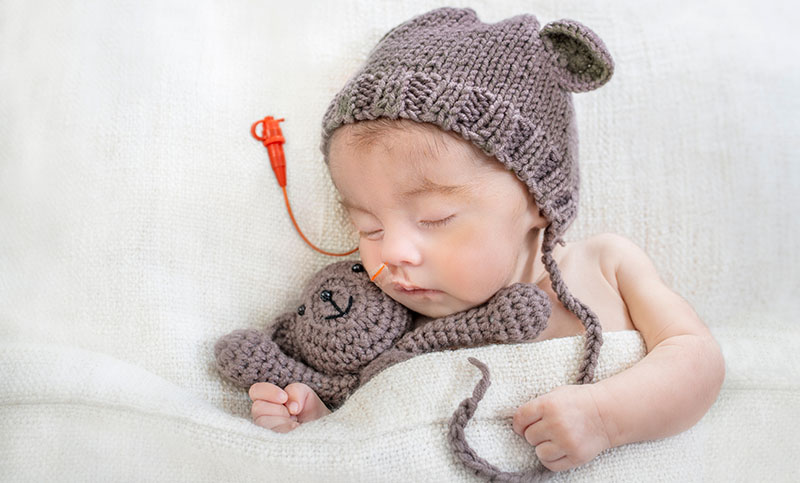High-Risk Neonatal Care

Having a newborn is an exciting experience, but for some parents, it also comes with added layers of complexity and concern. If your baby is classified as 'high-risk', you're suddenly thrust into an unfamiliar world filled with medical jargon and machinery you've never heard of before.
Here at Dr Prishani Ramsunder's Paediatric Practice, we are well-versed in navigating these tiny but significant hurdles in the journey of parenthood.
What is high-risk neonatal care?
High-risk neonatal care, often part of a Neonatal Intensive Care Unit (NICU), is specialised care for newborns who need extra medical attention.
Whether your baby is born prematurely, has a condition that requires immediate intervention, or faces post-birth complications, high-risk neonatal care is like a safety net made of cutting-edge technology and tender, loving care.
Conditions that make a newborn high-risk
There are many reasons why you might require high-risk neonatal care; some of these include the following:
- Premature birth
- Low birth weight
- Congenital conditions
- Respiratory distress syndrome
- Infection or illness
- Jaundice
Common equipment in high-risk neonatal care
- Incubator: Picture this as a newborn's VIP suite. It controls temperature, humidity, and oxygen levels, creating a cosy, womb-like environment where your baby can continue to grow.
- Ventilator: This is the lead singer of the NICU equipment band. The ventilator helps babies who need assistance with breathing because their lungs are underdeveloped or due to other respiratory issues.
- Feeding Tube: This ensures that even the tiniest tummies get the nutrition they need when they can't nurse or take a bottle.
- Heart Monitor: Like a metronome in an orchestra, this monitor keeps track of your baby's heart rate. Doctors can quickly respond if there are any irregularities in the heartbeat.
- Pulse Oximeter: This device, usually wrapped around a tiny foot, measures oxygen levels in the blood. It's an essential tool for monitoring a baby's lung function.
- Phototherapy Lights: These are the stage lights of the NICU, used for treating jaundice, a common condition where a newborn's liver can't fully process bilirubin, leading to a yellowing of the skin and eyes.
Dr Ramsuner's approach to managing high-risk newborns
Dr Ramsunder combines her extensive medical knowledge with a dash of motherly intuition in a high-risk neonatal setting. She oversees respiratory care and nutritional plans for premature babies, tweaking them as the little ones grow and develop.
If it's a case of congenital anomalies, she collaborates with a team of specialists to formulate the best possible treatment strategy. And for those facing post-birth challenges like infections or jaundice, she ensures that prompt and effective treatments are provided.
High-risk neonatal care is more than just a set of complex medical practices - it's a partnership between healthcare providers and parents, designed to give your newborn the best possible start in life. Remember, every big adventure has challenges, but you're well-equipped to soar with the right gear and guidance.
Choose Dr Ramsunder for your neonatal care today!

